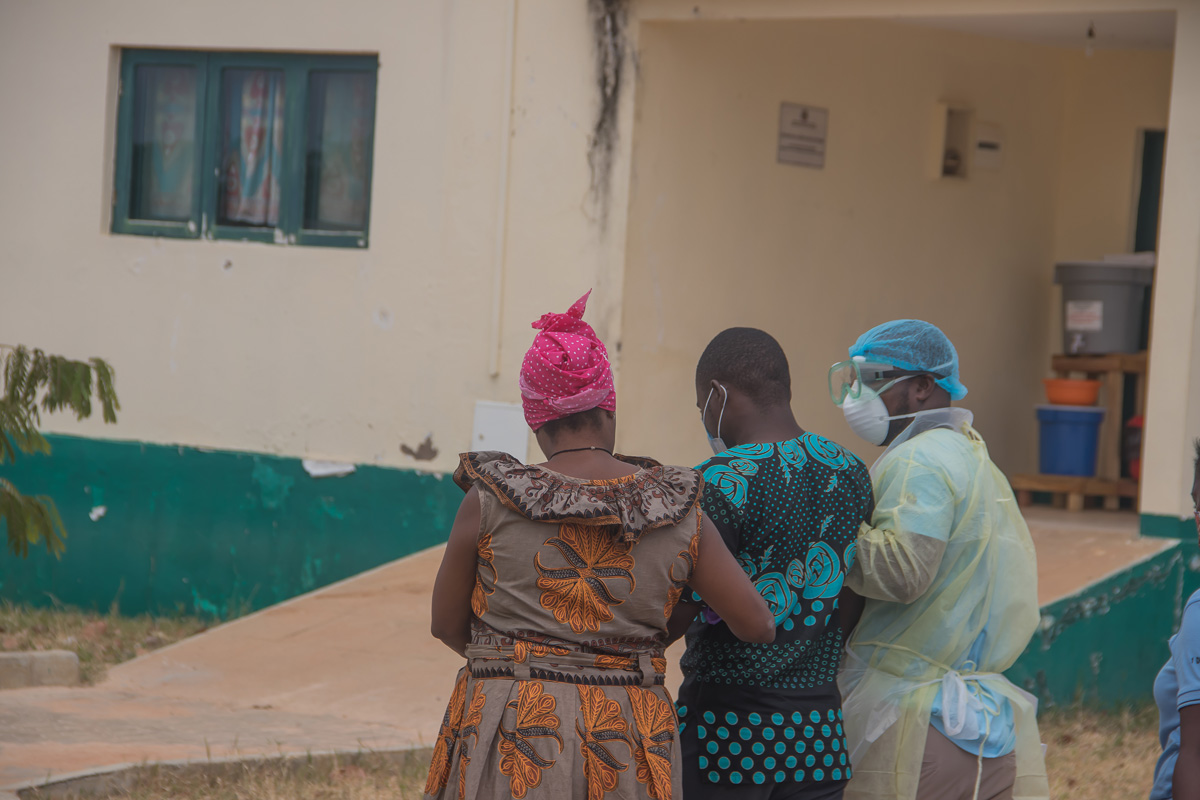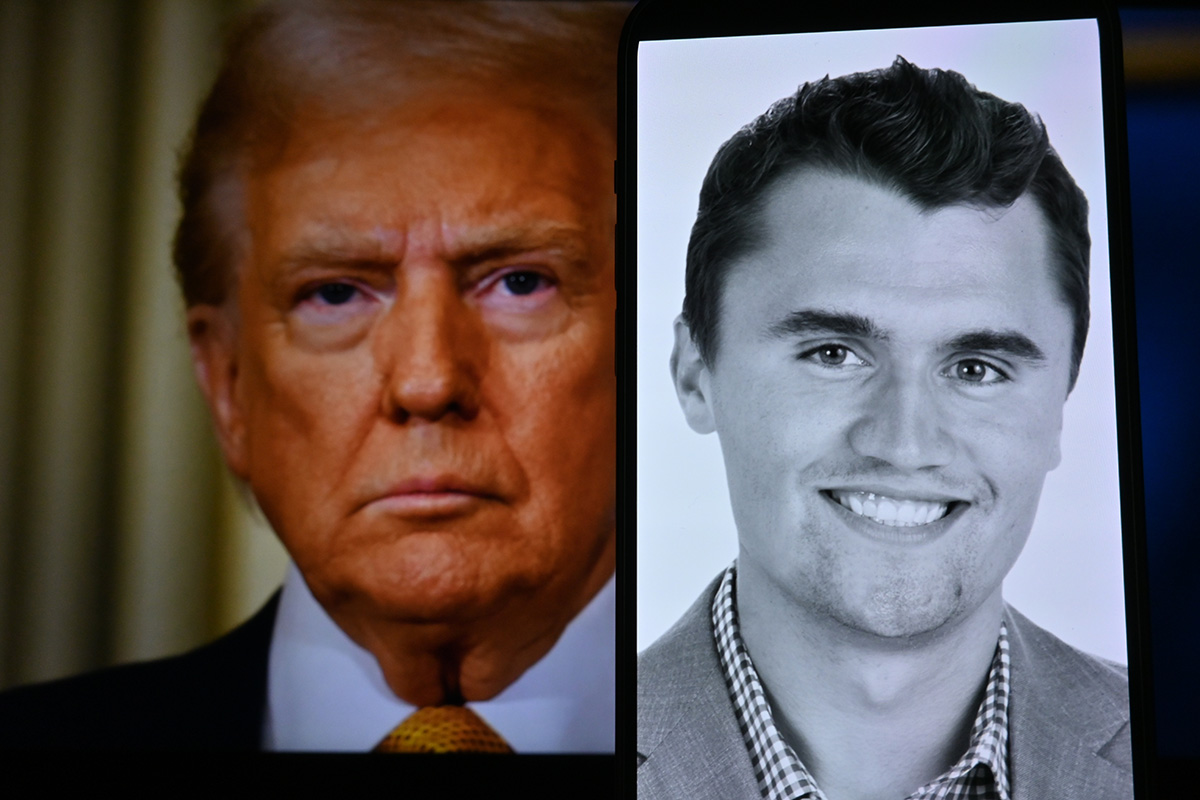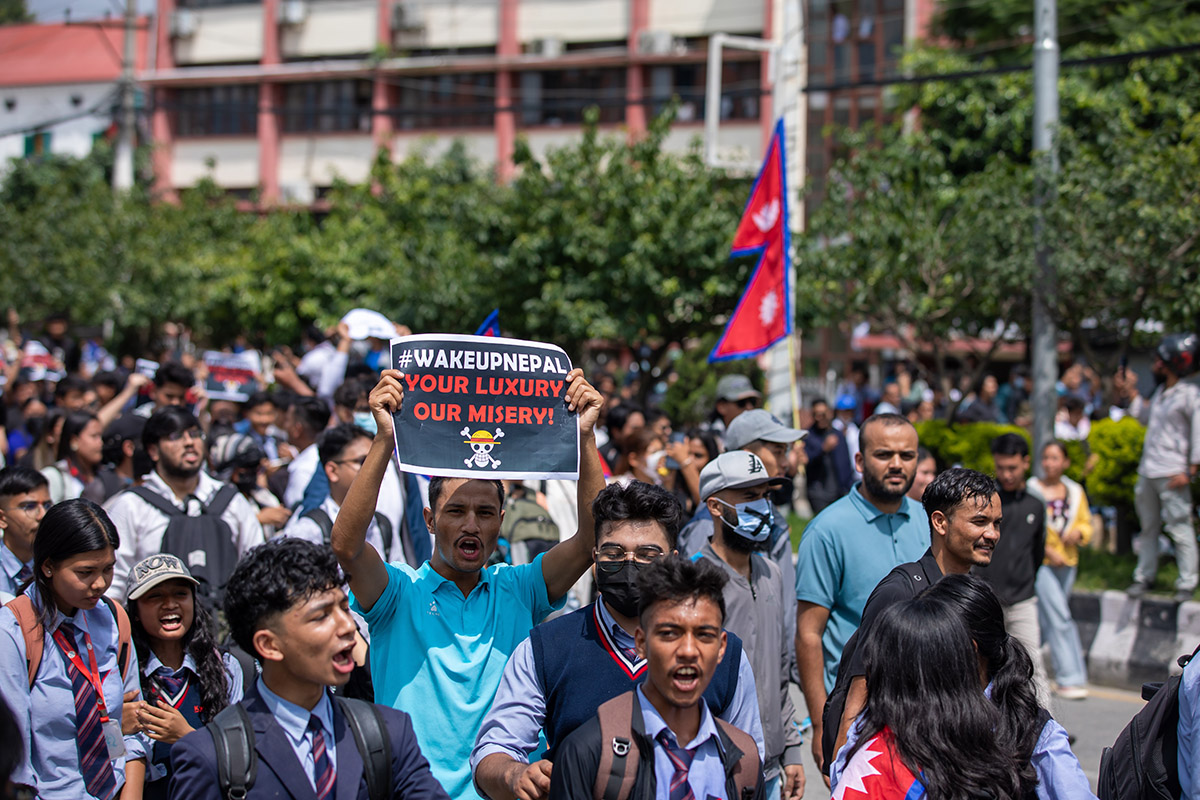‘Zimbabwe is undergoing a healthcare crisis’
November 28by Kiyara Manaka Matambanadzo
Healthcare in Zimbabwe has long been a sore spot for its citizens. The country is currently undergoing a healthcare crisis in which resources are thin, healthcare professionals are leaving the country en masse and those that do remain are underpaid and burnt out.
Essentially two options are available to Zimbabweans seeking medical attention: public or private healthcare. Going public often means travelling to larger hospitals, because smaller hospitals and clinics do not have the basic tools to treat. On the other hand, private healthcare means being charged exorbitantly for treatment.
This crisis has pierced even the barriers of class and income divisions. For example, medication shortages mean that even if you have the money, there are certain drugs you cannot purchase in Zimbabwe, the only way to get them would be to fly out for treatment. Additionally, personnel shortages affect patients in private hospitals as well as public ones.
The gap between the private and public sectors has widened exponentially in the last 20 years, and shortages in the healthcare sector are now widespread throughout the country. Zimbabwe’s Health and Child Care Minister Douglas Mombeshora in November of this year reported to Parliament that, “Our ministry acknowledges that the country is facing a serious shortage of medicine and drugs, which is culminating into a crisis, especially at the lower level and has left patients at the mercy of private hospitals.” Perhaps most alarming was his assertion that Zimbabwe does not have enough medication in store to last for even a month.
The lack of personal protective equipment (PPE), equipment and medication is not only a death trap for anyone unfortunate enough to need medical attention, but it is also a never-ending source of frustration for underpaid healthcare workers who are expected to perform near miracles daily. Healthcare starts with healthcare workers, yet Zimbabwe’s workers have been crippled by shortages, which has led to low job satisfaction and a medical brain drain that has led to an even greater deficit in healthcare delivery. It’s a vicious cycle and the bottom line is that doctors and nurses cannot work effectively if they lack equipment, sundries and medicines in the hospitals in which they work, no matter how skilled.
In a 2008 article the author made the point that, “A severe problem for the health system has been the exodus of Zimbabwe’s doctors, nurses, and other professionals”. 14 years later, a different article written in 2022 stated that, “There has been – and continues to be – an exodus of healthcare professionals to greener pastures. The consequence has been poor service at health facilities,” and there is no question as to the reason. It is unreasonable to expect anyone to work in such conditions and for less than a liveable wage.
It is difficult to see what the solution could be for this crisis. The World Health Organization (WHO) advises that the only solution is the development of a One Health Plan, an approach that integrates multiple sectors private and public sectors intending to sustainably balance and optimize the health of people, animals and ecosystems. Experts in Zimbabwe seem to be taking this advice seriously with promises that a first draft plan will be available by the first quarter of 2024. It’s a noble goal, whether the Zimbabwean government will attain it, remains to be seen.
All the same, with circumstances such as those described in this piece, even a few more months is a few months too late. Big questions remain for citizens. How long will journalists and concerned healthcare professionals report or express the same frustrations before they are heard and effective action is taken? How many Zimbabweans will have to die entirely preventable deaths? Can a broken economy produce functional healthcare?
And what are we to do with no medication and no healthcare workers in the meantime?






